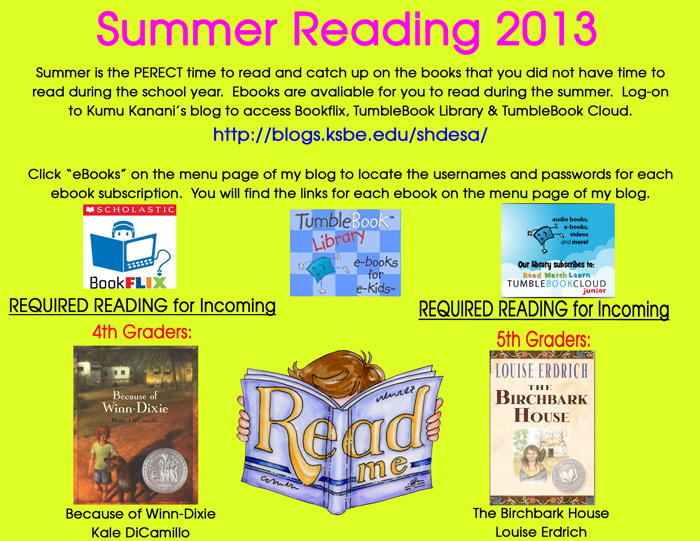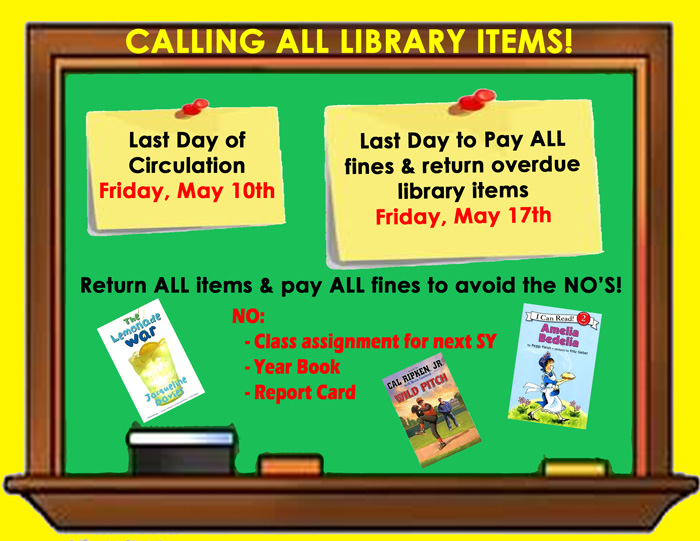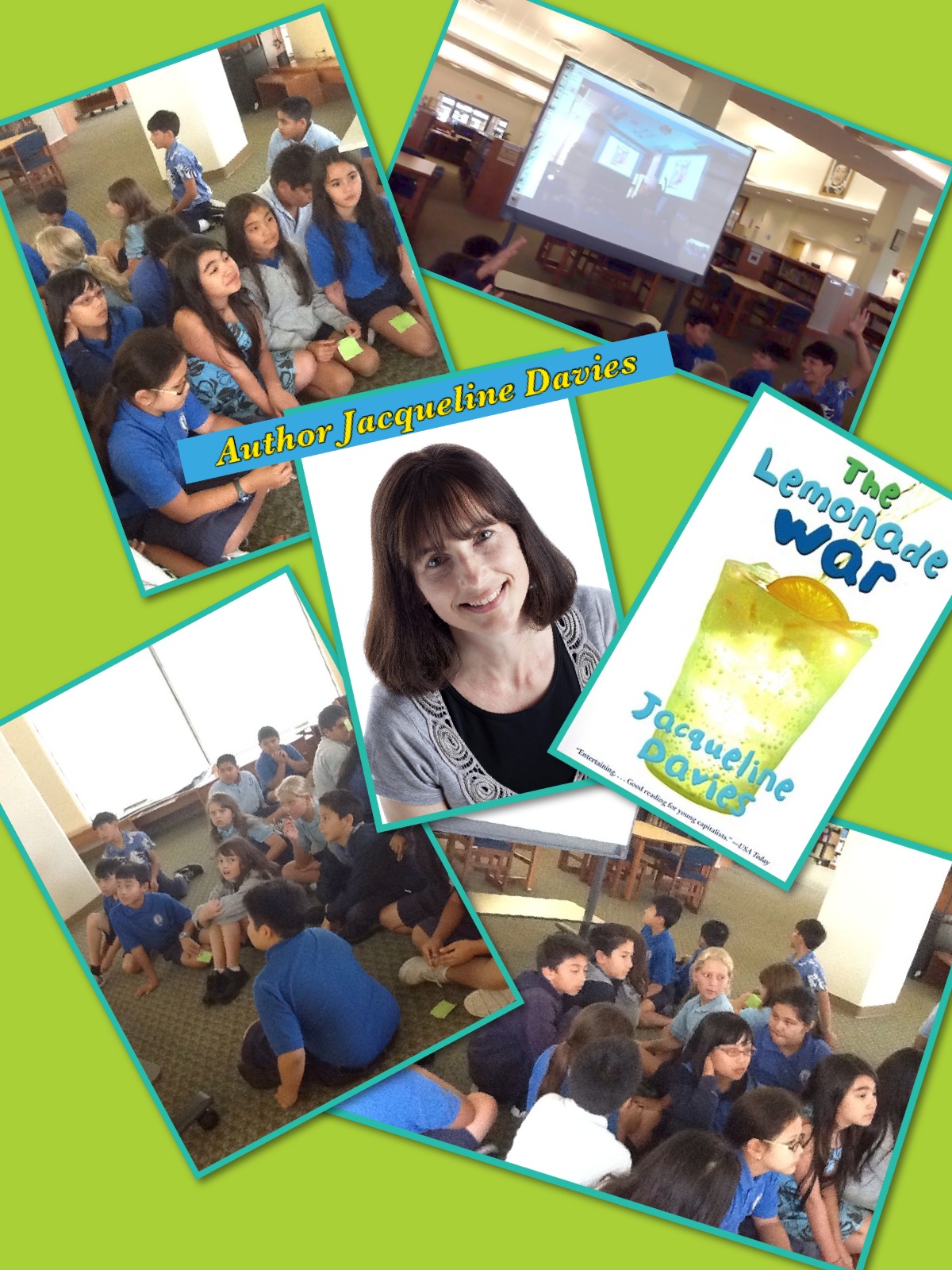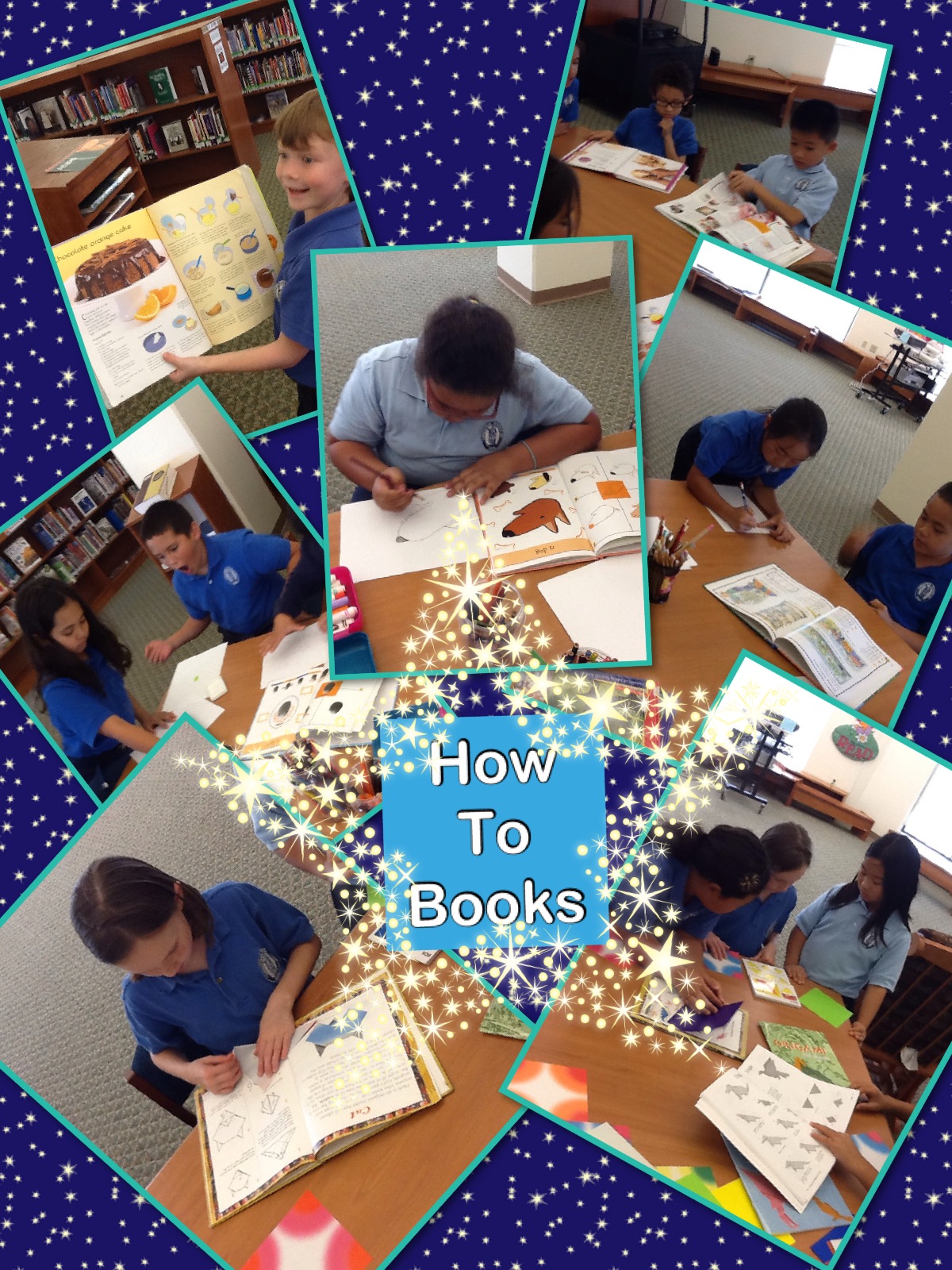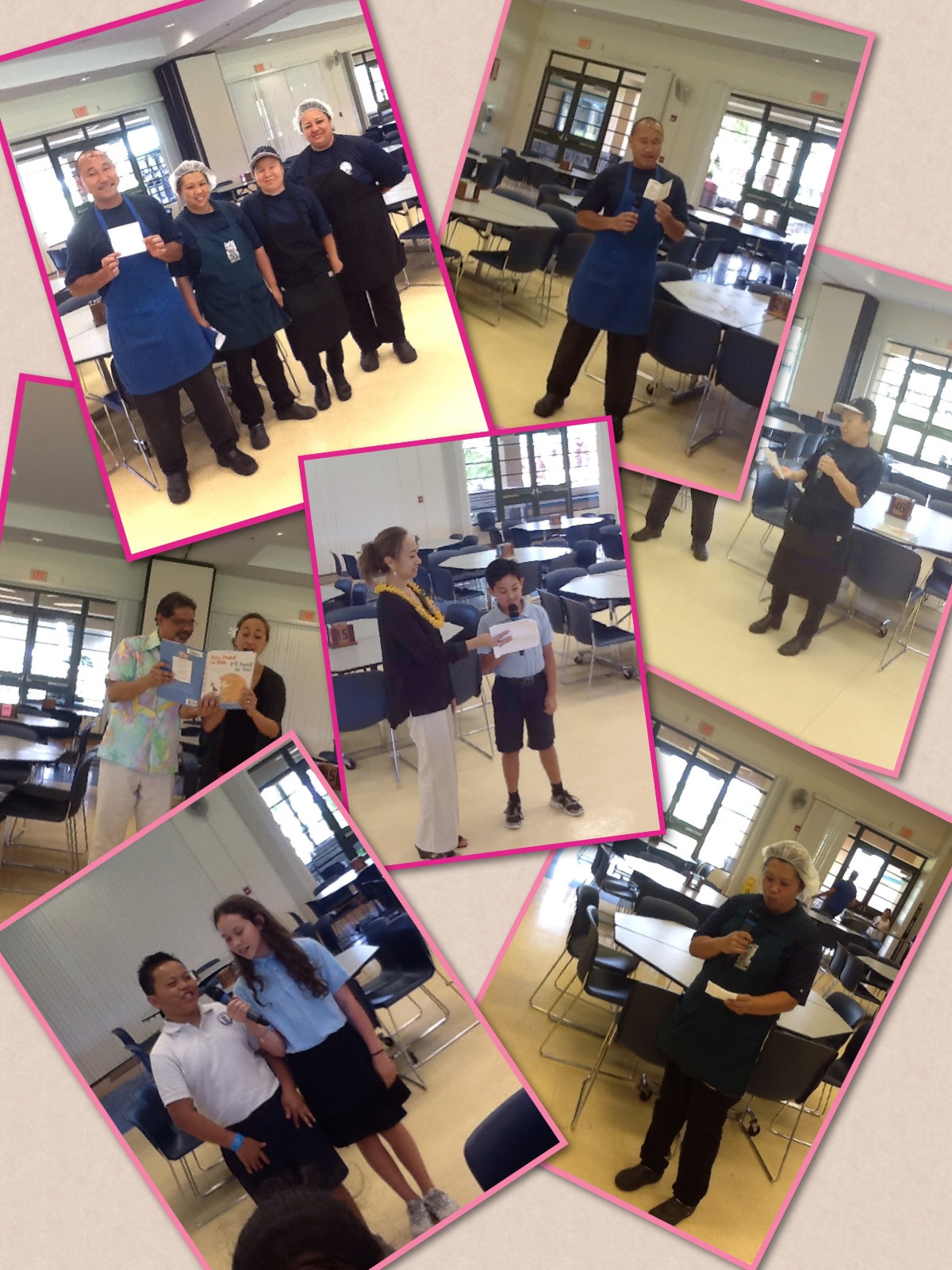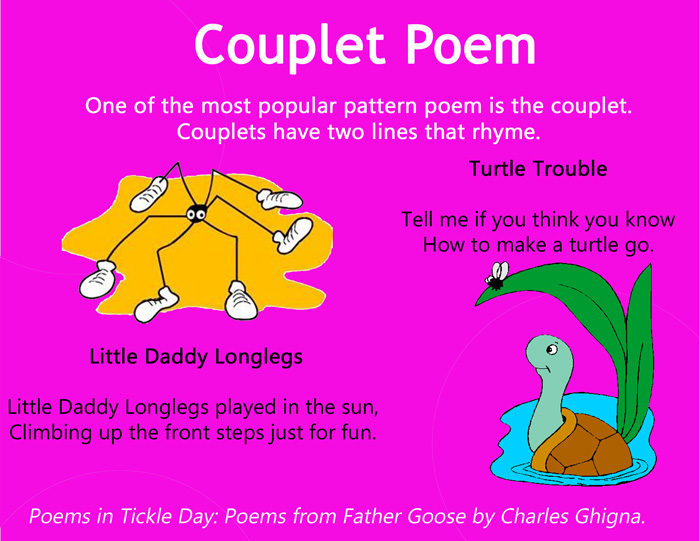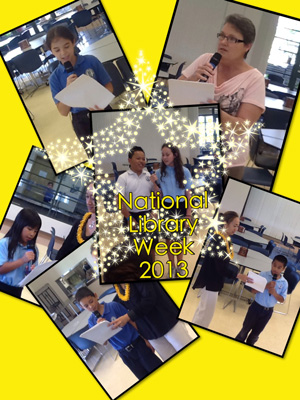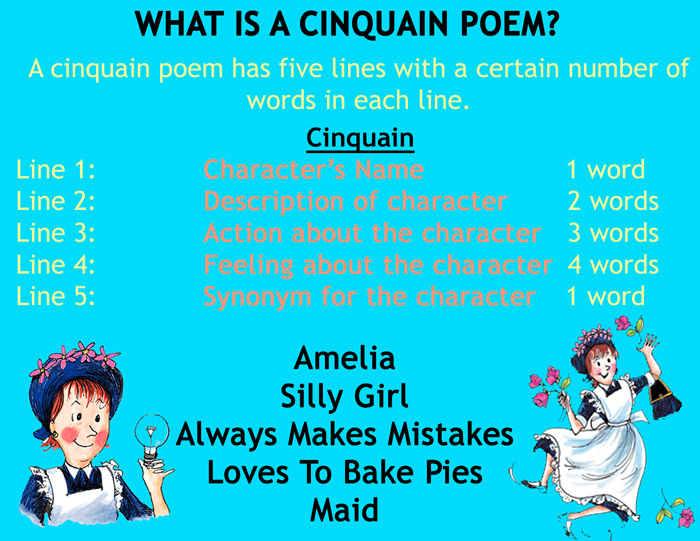Summer Reading 2013
Idioms, QR Codes & Amelia Bedelia
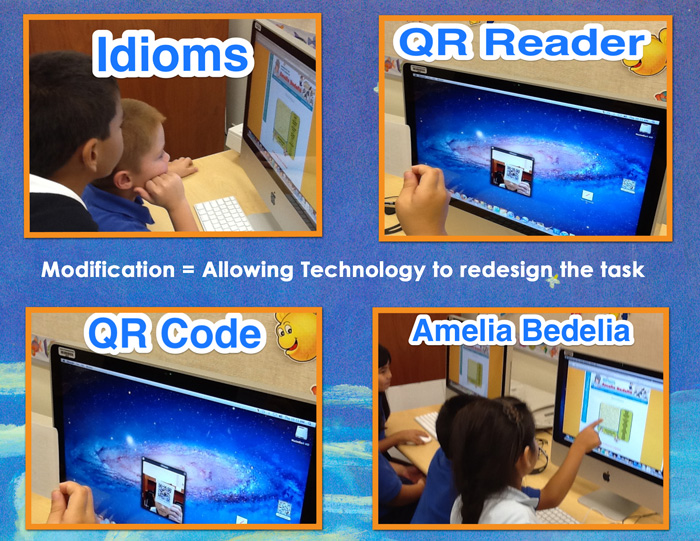 What are Idioms? Idioms are words or phrases that are used in a way that is different from its usual or dictionary meaning. Writers like Peggy & Herman Parish use idioms to make their stories more interesting and funny. Our first graders learned first-hand what idioms are from Amelia Bedelia, a lovable, mixed-up housekeeper who works for Mrs. Rogers. They learned that “draw the drapes,” means to close the drapes when the sun shines into the room, “dress the chicken,” means to season and flavor the chicken before cooking it, and “prune the hedge,” means to cut or trim the hedge. They also took their learning to another level by using QR Codes to engage in some fun activities online. Unlike the traditional methods of worksheets and a pencil, these digital natives modified their learning and took it to the computer; a task that was redesigned!
What are Idioms? Idioms are words or phrases that are used in a way that is different from its usual or dictionary meaning. Writers like Peggy & Herman Parish use idioms to make their stories more interesting and funny. Our first graders learned first-hand what idioms are from Amelia Bedelia, a lovable, mixed-up housekeeper who works for Mrs. Rogers. They learned that “draw the drapes,” means to close the drapes when the sun shines into the room, “dress the chicken,” means to season and flavor the chicken before cooking it, and “prune the hedge,” means to cut or trim the hedge. They also took their learning to another level by using QR Codes to engage in some fun activities online. Unlike the traditional methods of worksheets and a pencil, these digital natives modified their learning and took it to the computer; a task that was redesigned!
Calling ALL Library ITEMS!
Just a friendly reminder the last day of circulation is Friday, May 10, 2013! What does this mean? It means ALL library materials are due back to the learning center at the end of the school day. The last day to pay ALL fines and return overdue library items is Thursday, May 17, 2013. ALL library items and fines must be cleared to receive your report card, year book, and new class assignment for next school year. If you have any questions, please see Kumu Kanani in the Learning Center.
Lemonade War – Nene Award Author
Papa ‘Ehā had an opportunity to build pilina with an award winning author and with their ‘ohana from the Kapālama and Maui Campuses. Author Jacqueline Davies, winner of the 2012 Nene Award visited the Kapālama Campus to share and talk about her book The Lemonade War. We were invited to Skype in and take part in this wonderful learning opportunity. Mahalo to Mrs. Nalani Naluai for inviting us and making this experience happen!
How To Books
A How To Book is an informal, often short, description of how to accomplish some specific task. These books are meant to help, assist or inspire life-changing methods and attitudes. One of the earliest how-to books was published in 1569 by Thomas Wight and entitled, A booke of the arte and maner, how to plant and graffe all sortes of trees. Our Papa ‘Ekolu had the opportunity to explore the various how to books (cookbooks, origami, how to draw, how to write instructions, poetry) in the learning center. One group wrote instructions on how to pack a crystal chandelier. Instruction sheet included: a heading, what you will need, and detailed packing instructions.
Couplet Poem – NLW
A couplet is the simplest form of poetry. The word “couple” in couplet means two of something. A couplet is a poem made of two lines that rhyme. There are no rules about length or rhythm. They can be as short as one couplet (two lines), or as long as it takes to tell the poem.
Activity: Using just two lines and words that rhyme, create a couplet about your favorite Sport, Holiday, Food, or Place. Post your completed couplet in the comment section of this blog post by the end of the school day. Please write your name and class in your post.
Lā Poema ‘Inipākeke – Poem In Your Pocket Day!
Today was a special day for our haumāna here at our kula as we celebrated National Library Week with a school-wide (K-12) activity – Lā Poema ‘Inipākeke (Poem In Your Pocket Day). Students, faculty, staff and even our aunties and uncle from the dinning hall shared some beautiful & funny poems with us. Here are some videos showcasing PIYP day. Mahalo nui to our entire KSH ‘Ohana who participated and shared their poem.
- Click to view my tale.
- Mrs. Oyama’s Class

Sharing, Poetry, Pilina
Poetry Activity – NLW
A cinquain is a form of poetry that is very popular because of it’s simplicity. It was created by American poet Adelaide Crapsey about 100 years ago, and is similar to Japanese poetic forms, such as haiku and tanka.
Cinquains are just five lines long, with only a few words in each line, making them easy to write. Though they are just five lines long, the best cinquains tell a small story. Instead of just having descriptive words, they may also have an action (something happening), a feeling caused by the action, and a conclusion or ending.
Activity: Create a cinquain poem about a character from a book or about yourself. You may use the format and example above to help guide you, download a Cinquain Graphic Organizer or click on Write a Cinquain for a digital format.
Rules:
- Create an original cinquain poem about a character from a book or about yourself.
- Decide which format you will use (i.e. words in each line or syllables)
-
Post completed poem in the comment section of this blog post by the end of the school day. (Tuesday 4/16/13)
- Please write your name and class in your post.
- Some poems will be read during lunch time on Wednesday 4/17/13.
- Have fun with this activity!

